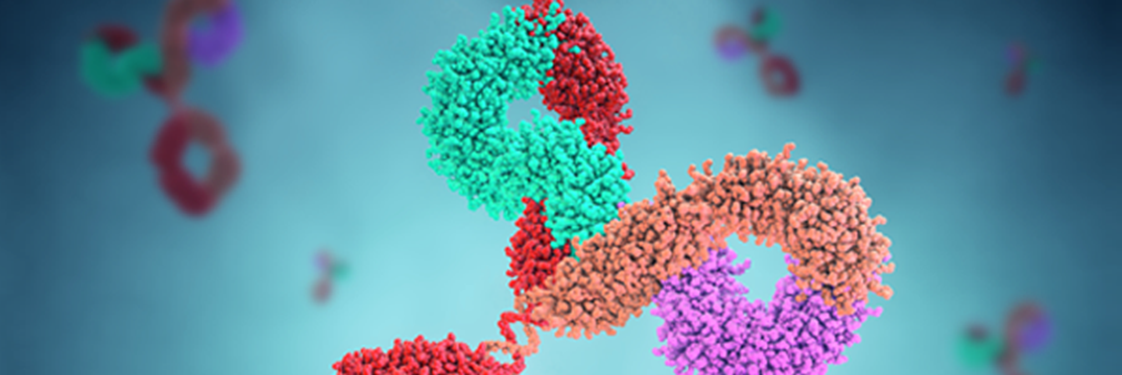IISC Researchers Develop Novel Method for Mass Production
IISC Researchers Develop Novel Method for Mass Production
02-07-2024

-
Research Background:
- Researchers from the Department of Biochemistry at the Indian Institute of Science (IISc) have developed a new method for the mass production of recombinant proteins.
- Recombinant proteins are proteins produced in living cells after the DNA has been altered to include a specific gene.
-
Traditional Method and Its Limitations:
- The traditional method for mass-producing recombinant proteins involves using yeast cell factories and methanol.
- Methanol poses safety risks due to its flammability and potential to produce harmful byproducts.
-
New Method: Use of Monosodium Glutamate (MSG):
- The new method developed by the IISc researchers uses a common food additive, monosodium glutamate (MSG), as an alternative to methanol, making the process safer.
-
Role of Yeast in Recombinant Protein Production:
- Recombinant proteins, such as vaccine antigens, insulin, and monoclonal antibodies, are typically produced by modifying bacterial, viral, or mammalian cells and growing them in large bioreactors.
- The most commonly used organism for this process is the yeast Pichia pastoris (now called Komagataella phaffii).
-
Unique Promoter and Alcohol Oxidase (AOX) Enzyme:
- This yeast contains a unique promoter, a specific gene region that can be activated by methanol.
- This promoter codes for an enzyme called alcohol oxidase (AOX).
- To mass-produce a recombinant protein, the gene coding for that protein is spliced into the yeast genome next to the AOX promoter.
-
Role of Monosodium Glutamate (MSG) in the New Method:
- The researchers found that monosodium glutamate (MSG) can activate a different promoter in the yeast genome that codes for an enzyme called phosphoenolpyruvate carboxykinase (PEPCK).
- Activating this promoter with MSG leads to protein production similar to methanol activation of the AOX promoter.
-
Potential Applications of the New Method:
- The researchers hope that this new expression system can be used in biotech industries to mass-produce valuable proteins, including milk and egg proteins, baby food supplements, nutraceuticals, and therapeutic molecules.
What are Recombinant Proteins?
- Recombinant proteins are proteins that are created through genetic engineering techniques.
- This involves modifying the DNA of an organism to produce a protein that it wouldn't normally make.
- These proteins are used in a wide range of applications, including medicine, research, and industry.
Production of Recombinant Proteins:
- The production process involves inserting the gene of interest into a host organism, such as bacteria, yeast, or mammalian cells.
- The host then expresses the gene and produces the desired protein. The protein is then purified and can be used for various applications.
Applications of Recombinant Proteins:
Therapeutic Proteins:
- Insulin: Recombinant insulin is a life-saving treatment for diabetes.
- Growth Hormone: Recombinant human growth hormone (hGH) is used to treat growth disorders in children.
- Monoclonal Antibodies: These are used in cancer therapy and to treat autoimmune diseases.
Industrial Enzymes:
- Detergents: Enzymes such as proteases and lipases are used in laundry detergents to break down stains.
- Food Production: Enzymes such as amylases and cellulases are used in food processing to break down carbohydrates.
Research:
- Protein Structure and Function: Recombinant proteins are used to study the structure and function of proteins.
- Drug Development: They are used to identify and validate drug targets.
Agriculture:
- Pest Control: Recombinant proteins can be used to create biopesticides that are more environmentally friendly than traditional chemical pesticides.
Diagnostics:
- Pregnancy Tests: Recombinant proteins are used in home pregnancy tests to detect the hormone hCG.
- Blood Clotting Tests: They are used to measure the activity of blood clotting factors.
Advantages of Recombinant Proteins
- Large-Scale Production: Recombinant proteins can be produced in large quantities, making them more cost-effective.
- Purity: The production process allows for high levels of purity, reducing the risk of contamination.
- Modification: The proteins can be modified to improve their properties, such as stability and activity.
Overall, recombinant proteins have revolutionised many fields and continue to offer great potential for further advancements in medicine, research, and industry.
Must Check: Best IAS Coaching In Delhi
